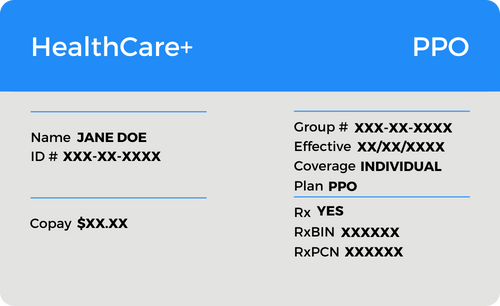Those who have no past experience detoxing from narcotics may frequently ask their doctor to ease them off their dose of Xanax. The manufacturer suggests a taper of no more than 0.5 mg every 3 days for lower dosages and persons who have been taking Xanax for a shorter amount of time. Despite taper lengths of up to four weeks, 27 percent of patients experienced more severe rebound anxiety than before therapy, and 35 percent experienced new physical withdrawal symptoms.
Patients who take high doses, have polysubstance dependence, had above average pre-treatment anxiety levels, or have been diagnosed with other personality disorders are more likely to experience severe withdrawal symptoms. It is therefore recommended that these patients detox at a medically supervised inpatient level of care. Trying to quit taking benzodiazepines like Xanax “cold turkey” is not recommended.
A doctor at a medical detox clinic will start tapering a patient’s Xanax dose or substitute it with a longer-acting benzodiazepine and taper down from there. During the taper, medical personnel keeps a careful eye on the patient for any bad effects. The majority of the time, doctors will give non-narcotic “comfort drugs” to aid with the unpleasant withdrawal symptoms. Clonidine, carbamazepine, and gabapentin are examples of non-narcotic benzodiazepine withdrawal therapies.





